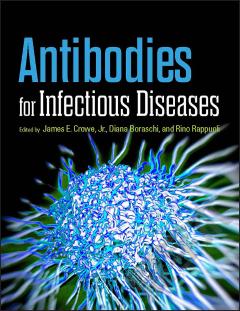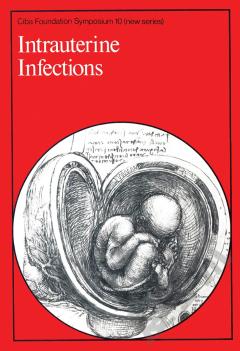Proteases of Infectious Agents
Proteases are enzymes that essentially "eat" protein. Without proteases, infectious organisms cannot properly mount an attack against a host. It is for this reason that proteases have become popular targets for drug discovery. Research has shown that if you can inhibit the protease, you can defend against the invading microbe. The defense against HIV, the virus that causes AIDS, is the best-documented case of the efficacy of protease inhibitors. Researchers are now trying to deploy this strategy against several infectious agents. This book gives information that is useful in that search. Proteases of Infectious Agents collects reviews from leading experts describing the latest information on the properties of key enzymes from a variety of viruses, fungi, and parasites. Each chapter provides the critical facts needed to initiate a drug discovery effort in that particular area. Includes information on the basic biology and function of proteases Provides global survey of current research efforts in protease inhibitors Illustrates how structure-based drug design targets effective and selective compounds Highlights important diseases that provide economically important targets Describes the role of proteases as important new targets for drug discovery
{{comment.content}}








 京公网安备 11010802027623号
京公网安备 11010802027623号